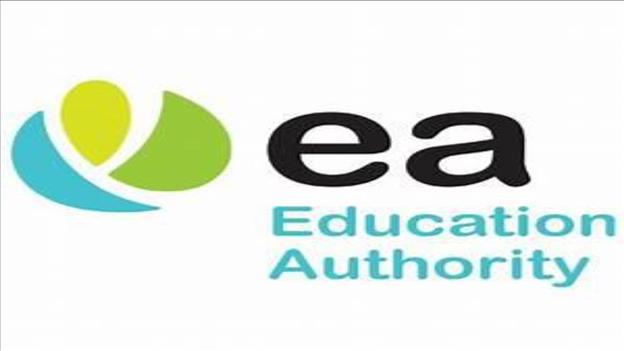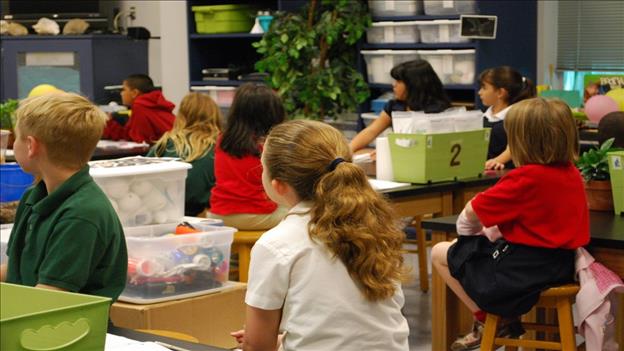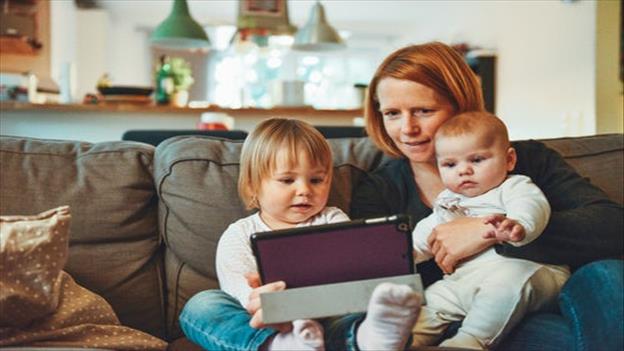The Independent Counselling Service for Schools (ICSS) - Education Authority

Contact Information
- Address
- Children & Young Peoples Services, Maydown House , 1 Maydown Road, Co Derry, BT47 6UF
- Contact Person
- Sheila Gamble
- Telephone Number
- 028 7186 4785
- Email Address
- Web Address
- Visit Website
- Visit Facebook page
Additional Information
Young people from time to time may need emotional support beyond that which is provided within the pastoral care systems in school. Also young people can find it helpful to talk to someone who is outside of their everyday school experience and this is when counselling can be beneficial. Counselling can help young people to understand themselves and their situation better. It can give them new ways of coping with issues that cause them upset therefore increasing their capacity for learning.
What is Counselling ?
The ICSS handbook defines counselling as: “… a way of helping young people through a process of talking, listening and empowerment. Young people are provided with a safe place to express their feelings and thoughts about what they perceive to be an issue in their life. Counselling can help young people to understand themselves and their situation better. It can give them new ways of coping with issues that cause them upset therefore increasing their capacity for learning. Successful counselling is based on trust, self-motivation and commitment.”
Who Can Access Counselling ?
The Independent Counselling Service for Schools (ICSS) is accessible to all post primary aged pupils attending grant-aided post primary schools and special schools.
Where Does Counselling Take Place ?
Counselling is provided in school but it is independent of the school. The counselling support provided conforms to high professional standards and current best practice for school-based counselling, specifically in respect of counsellor qualifications, supervision requirements, safeguarding practices and continuous professional development.
Who Can Refer to Counselling ?
Referrals for counselling sessions may be made by the young person, parents or school personnel. A parent who wishes to make a referral should seek an appointment through the Key Contact. A member of school staff who wishes to make a referral must discuss it first with the pupil and seek their agreement. This approach values the pupil and respects his/her right to be involved in decisions.
It is important for school staff to consider if a referral to counselling is the most appropriate response to the young person’s situation or if alternative support may be more appropriate.
Counselling is not compulsory and a pupil may choose whether or not to attend. School Counselling is not a disciplinary measure and must not be used as such.
How Do I Make A Referral ?
Each school has a Key Contact for the counselling service. This is normally a senior member of staff who is the link between the school and the counselling service. Check with your school who the Key Contact is and talk to them about counselling.
- Available to Age Groups
- 12-16yrs
- Category of Services
-
- Counselling
- Educational Support
- Areas covered
-
- All of N Ireland
- Method of Access (Referral)
-
- School
- Self



.png)

